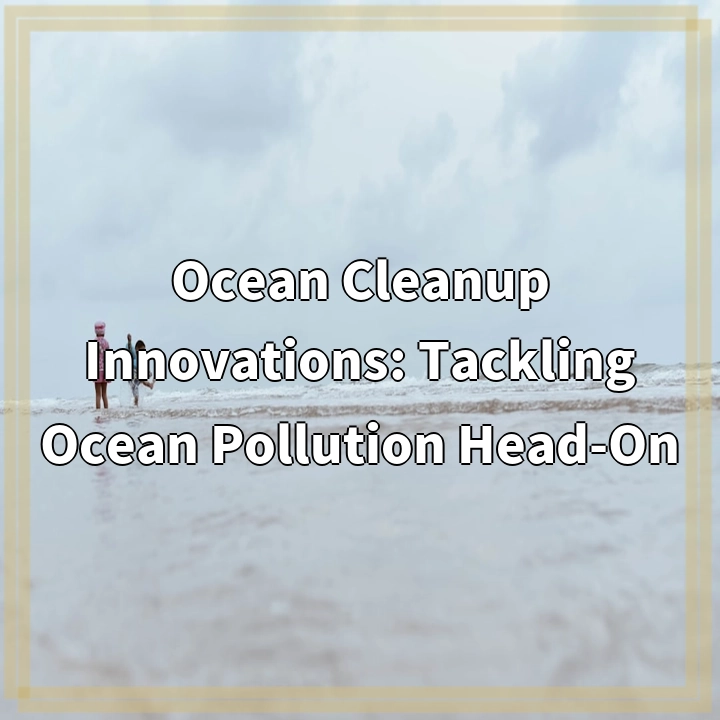
What is Eco-Friendly Sleep Solutions?
At its core, eco-friendly sleep solutions refer to adopting practices and utilizing products and materials that are mindful of their impact on the environment. This includes considering the entire lifecycle of sleep-related activities, from the bedding and mattress materials to the energy consumption associated with sleep habits.
Real-World Problems Associated with Traditional Sleep Practices
As we indulge in our sleep routines, it is essential to recognize the environmental challenges created by traditional sleep practices:
1. Harmful Chemicals in Mattresses and Bedding:
Conventional mattresses and bedding often contain toxic chemicals such as flame retardants, volatile organic compounds (VOCs), and formaldehyde. These substances can off-gas over time, leading to poor indoor air quality and potential health risks.
2. Excessive Energy Consumption:
Traditional sleep habits contribute to excessive energy consumption. From leaving lights and electronics on during sleep to using energy-intensive heating or cooling systems, these practices increase the carbon footprint and add to environmental degradation.
3. Unsustainable Materials:
The production of conventional bedding and mattresses often involves resource-intensive processes and the use of non-renewable materials. This contributes to deforestation, habitat destruction, and the depletion of natural resources.
4. Waste Generation:
Mass production, planned obsolescence, and the disposable nature of some bedding products lead to significant waste generation. Mattresses, pillows, and bedding materials end up in landfills, taking a toll on the environment.

Solutions for Eco-Friendly Sleep
Fortunately, there are several solutions and practices that can help us establish eco-friendly sleep habits and mitigate the environmental impact associated with traditional sleep practices:
1. Choosing Organic and Sustainable Materials:
Opt for mattresses and bedding made from organic and sustainable materials, such as natural latex, organic cotton, bamboo, or hemp. These materials are free from harmful chemicals and have a lower environmental impact.
2. Energy-Efficient Sleep Practices:
Take steps to reduce energy consumption during sleep. Turn off lights and electronics, adjust the thermostat to an optimal temperature, and consider using energy-efficient bedding accessories like heated blankets with timers or natural cooling pillows.
3. Recycling and Repurposing:
Instead of disposing of old mattresses and bedding, explore recycling and repurposing options. Look for mattress recycling programs or donate usable items to organizations that refurbish and distribute bedding to those in need.
4. Investing in Quality and Durability:
Choose high-quality mattresses and bedding that are built to last. By investing in durable products, we reduce the need for frequent replacements, thereby reducing waste and minimizing our environmental impact.















